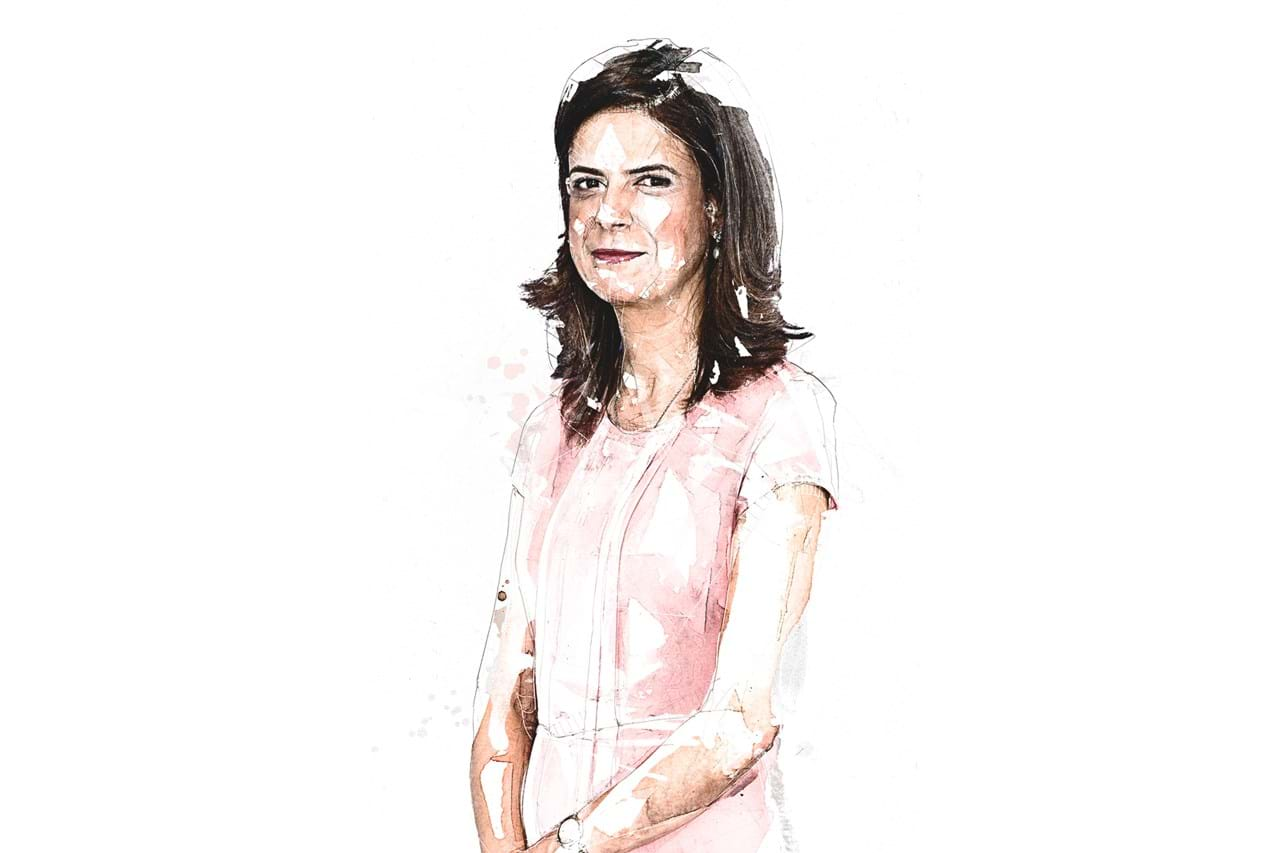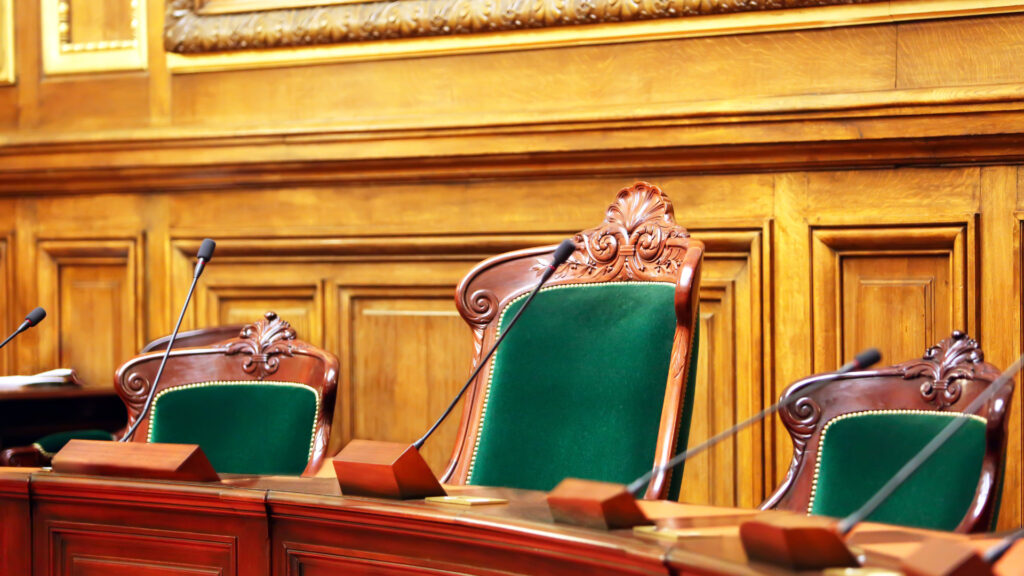01.06.2023
Practice Areas: Criminal, Sanctions and Compliance, Intellectual Property and Information Technology
Type: Articles
Victims of non-consensual dissemination of intimate content protected by new Portuguese law
Nowadays, with the scope and speed of technology, each share made through social media or the internet is disseminated quickly, making its control difficult.
The situation becomes particularly serious in cases where the shared content is expository of the intimate, private and sexual life of others, in such a way that it may be susceptible of devastating their lives.
In that sense, the new Law n.º 26/2023, published on May 30th 2023, amends the Criminal Code, as well as the Law on Electronic Commerce in the Internal Market and Processing of Personal Data, in order to transpose the Directive 2000/31/EC of the European Parliament and of the Council of June 8th.
Specifically, these amendments increase the prison sentence applicable to those who share someone’s intimate contents, thus violating their intimacy and private life.
In that regard, the prison sentence is increased to three years and the limit for the fine is removed for the crime of invasion of privacy, when someone captures or divulges images, objects, facts or intimate spaces related to the private life of another person.
Furthermore, the person who disseminates or contributes to the dissemination through the internet, social media or any other means of widespread public dissemination, of content that may reveal the family or sexual life of another person, without consent, will now be punished with a prison sentence of up to 5 years.
In the latter case, the crime is public, contrary to the other similar crimes that maintain the need to file a complaint, due to their semi-public nature, except in cases where the crime results in suicide or death of the victim.
As an attempt to block and control online content, it will also become mandatory for service providers to immediately notify the Public Prosecutor’s Office, as well as to block, within 48 hours, any content that may contribute to the indictment of the crime of violation of sexual or bodily intimacy, when the victim or a third party denounces its publication. This regime was already foreseen in the case of sharing child pornography and content that constitutes a crime of discrimination or incitement to hatred and violence.






























